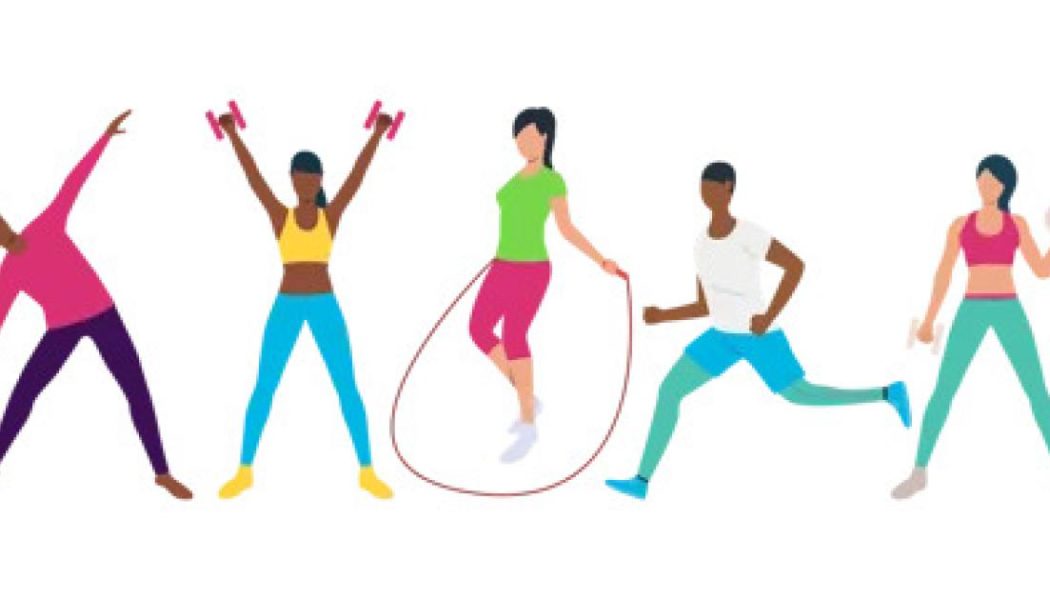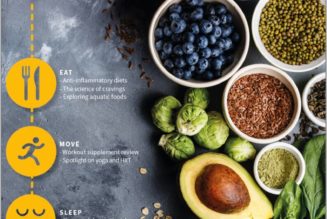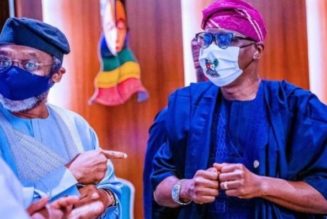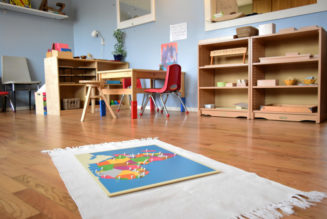
…. — The need for healthy living in Liberia is more pressing than ever before as non-communicable diseases (NCDs) account for up to 32% of the overall deaths in Liberia in 2019, with the rate increasing.
Like many other countries, Liberia is grappling with a burgeoning health crisis marked by the alarming rise of non-communicable diseases (NCDs), which show no sign of declining. Statistically, non-communicable diseases (NCDs) accounted for up to 32% of the overall deaths in Liberia in 2019, according to the World Health Organization (WHO).
While statistics on the current death rate of NCDs are not widely available, the WHO, in an August report about the county’s disease outlook, rates it as a significant health crisis facing Liberia. The age-standardized mortality rate across the four major NCDs—Cardiovascular Disease, Chronic Respiratory Disease, Cancer, and Diabetes—was 533 per 100,000 in males and 545 in females in 2021, the WHO said. But is there any solution to tame the skyrocketing health crisis?
The answer is yes, but the solution is not cheap either. It requires a significant amount of moderate or vigorous exercise each week to reduce the prevalence of the ailments and lessen the strain on the country’s healthcare resources, which are struggling.
When we exercise, it offers a multitude of health benefits as it engages our muscles, causing them to contract and release beneficial chemicals into the bloodstream, including myokines, often referred to as “hope molecules.”
They then act as natural antidepressants, improve mood, enhance cognitive abilities, boost physical performance, and protect the brain from the effects of aging through a phenomenon known as “muscle-brain cross-talk” while alleviating symptoms of anxiety and depression.
In 2022, a study published in Nature Medicine revealed that individuals engaging in short bursts of moderate exercise for just one or two minutes, three times a day, significantly lowered their risk of NCDs compared to sedentary individuals.
Another study in the British Journal of Sports Medicine demonstrated that just 11 minutes of “moderate-to-vigorous” activity each day extended the lifespans of predominantly sedentary individuals.
Similarly, research from August 2021 in Mayo Clinic Proceedings showed that individuals engaging in 2.6 to 4.5 hours of exercise per week experienced the most substantial improvement in life expectancy, reducing their risk of mortality by approximately 50% over 25 years when compared to their non-exercising counterparts.
The consensus from these studies is clear: while there is a minimum threshold for exercise, doing something is undeniably superior to doing nothing, as studies have shown that the most substantial longevity benefits were linked to regular moderate or vigorous exercise weekly.
Therefore, falling short of the 150 to 300 target for any reason should not be an excuse for many Liberians not to attempt at least 10 minutes of exercise daily, especially in the face of various stressors such as peer pressure or an uncertain economic future.
Exercise, as studies have shown, can not only serve as a vital tool for reducing the burden of chronic diseases but is the pathway to longevity and better health. It also serves as a surefire means of safeguarding public health by averting illness rather than treating it when it strikes. It transcends the realms of body weight and size, serving to keep our bodies vigorous and resilient.
While the path to a healthier Liberia may be challenging, it is unquestionably worth the effort, and every Liberian should consider making it a habit as it fortifies the nation’s potential for a brighter and more prosperous country. It could be moderate leisurely walking along Liberia’s picturesque beaches, a vigorous intensity workout in a cutting-edge gym, or a simple daily jog—combining both the former and the latter.
Dr. Peter Attia, a physician specializing in longevity, strongly believes that exercise has a more profound impact on lifespan than other lifestyle factors, such as nutrition and sleep.
He once stated, “Longevity, both in terms of lifespan and healthspan, is more influenced by exercise than any other variable we have.” Similarly, there is an African proverb that says, “However long the night, the dawn will break,” which implies that no matter how challenging or tiring exercise may be, the benefits will eventually become apparent, much like the dawn breaking after a long night.
The reality is, that a nation that engages in regular exercise can experience a significant reduction in the burden of NCDs on its healthcare system. This, in turn, can free up resources and personnel to focus on other critical health issues while reducing the strain on existing healthcare infrastructure. The economic implications of a healthier population are also substantial, as productivity levels also increase.
Thanks for reading, and see you next time for another great piece about exercise.
About the author: The author, Susu Sophia El, is a Canada-based Liberian who is a champion bodybuilder and the CEO of Susu Foundation.









